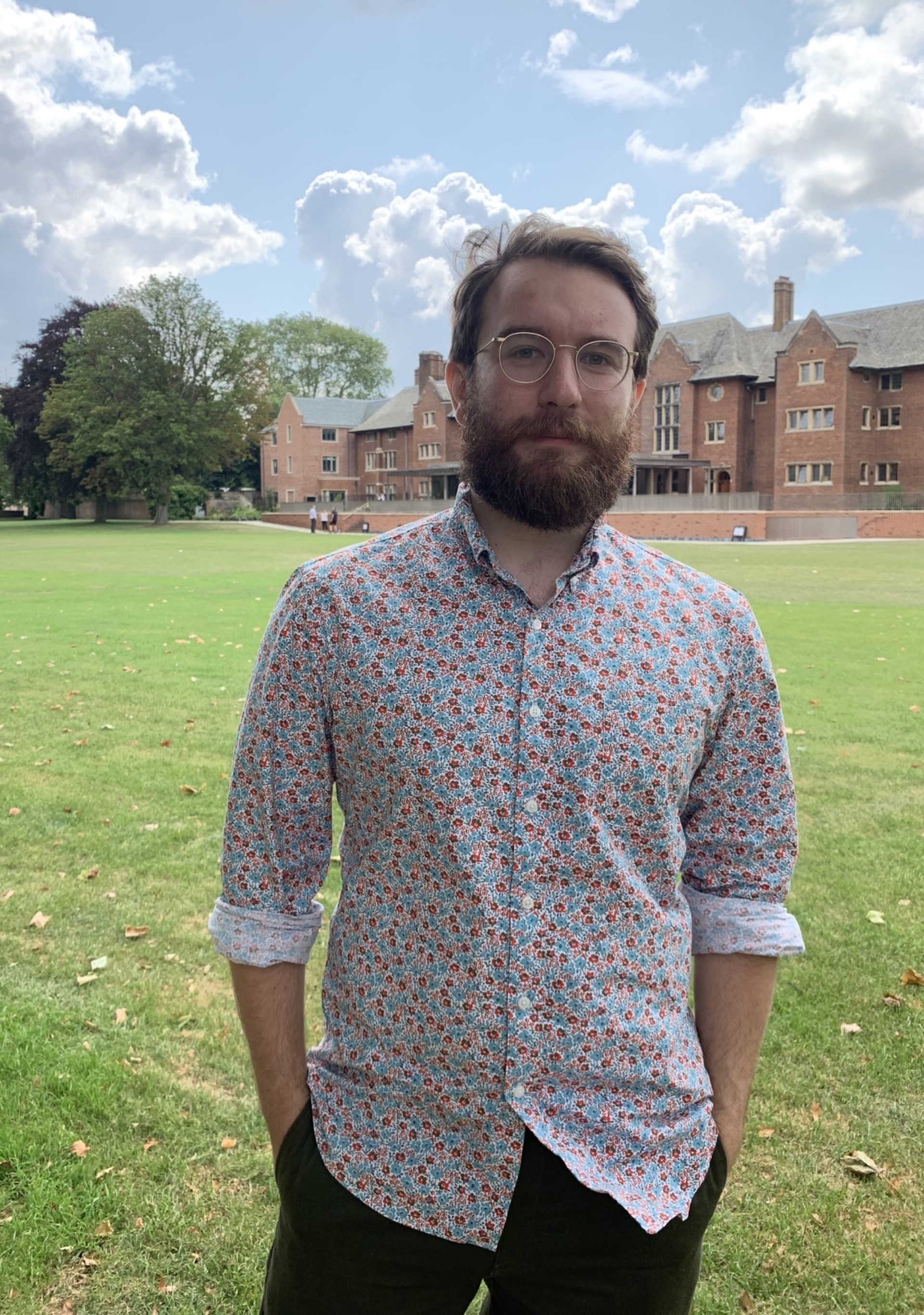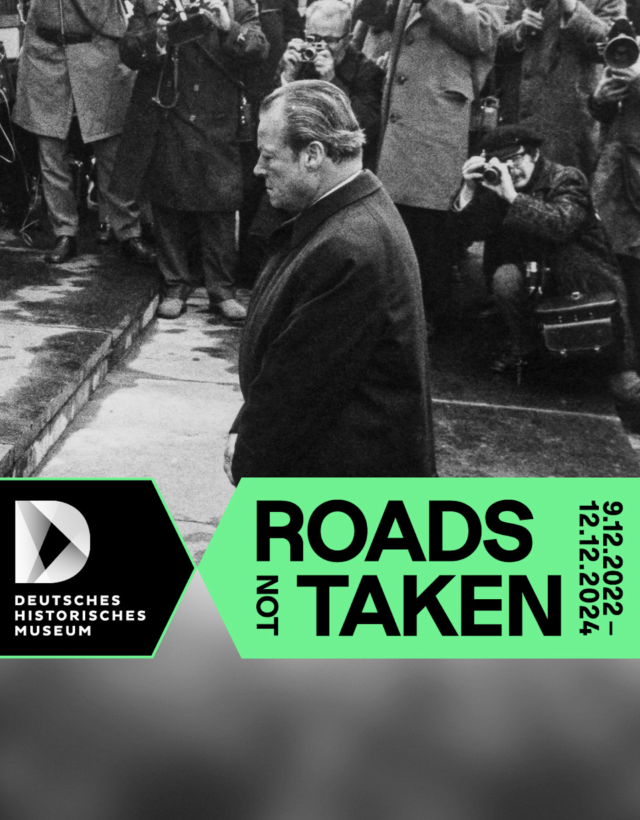
Er absolvierte 2014 einen BA (Hons) in Französisch und Deutsch an der University of Cambridge. Nach einem einjährigen Studienaufenthalt an der Humboldt-Universität zu Berlin, mit finanzieller Unterstützung des DAAD, kehrte er nach England zurück und absolvierte 2016 mit einem Stipendium des Clarendon Fund einen Master of Studies in Germanistik an der University of Oxford. Für seine Promotion in Germanistik, die er im Januar 2021 abschloss, kehrte er an die University of Cambridge zurück, begleitet von Aufenthalten als Gastdoktorand an der University of Chicago und der Freien Universität Berlin.
Von Januar bis Oktober 2021 arbeitete er als wissenschaftlicher Mitarbeiter beim Sachverständigenrat für Migration und Integration, einem politischen Think Tank mit Sitz in Berlin. Dort war er Mitautor eines Gutachtens zur kommunalen Einbürgerungspraxis und zur Wirksamkeit von Einbürgerungskampagnen in der Bundesrepublik Deutschland, das von der Bundesregierung für Migration, Flüchtlinge und Integration veröffentlicht wurde. Außerdem war er als Sachverständiger in zwei Anhörungen zur Wiedergutmachungsgerechtigkeit im Staatsangehörigkeitsrecht im Innenausschuss des Deutschen Bundestages tätig.
Staatsbürgerschaft nach Hitler: Kontinuität und Wandel im Staatsangehörigkeitsrecht und in der Einbürgerungspraxis der Bundesrepublik Deutschland seit 1949.
Between 1933 and 1945, National Socialist Germany weaponised citizenship as a tool for inclusion and exclusion in an unprecedented manner, and on an unprecedented scale. Hundreds of thousands of the regime’s political and racial enemies were stripped of German citizenship and rendered stateless, while millions of ethnic Germans in the territories occupied and annexed during the Second World War were automatically made into German citizens by decree. The National Socialists also altered naturalisation procedures, introducing explicitly racial and eugenicist criteria to the naturalisation process. At the moment of the foundation of the Federal Republic of Germany in 1949, the after-effects of the National Socialists’ actions in these realms were still to be felt. This was most evident in the pressing questions of the citizenship status of the ethnic Germans who had been expelled or fled from Eastern and Central Europe, and of those who had been stripped of German citizenship by the Nazi regime. But it also continued to be felt in less immediately evident ways relating to how citizenship was imagined, administered, and experienced.
Drawing on the files of state and federal ministries and administrative authorities, the papers of West German and international civil society initiatives and organisations engaged in the contestation of citizenship regulations, and ego-documents of individuals who went through the naturalisation process, this project will reconstruct and tell the political, social, and legal history of citizenship law in the FRG in the wake of National Socialism up until the present day. This involves examining heretofore overlooked questions, such as West Germany’s post-war naturalisation of foreign Waffen-SS soldiers and Nazi collaborators and the changing treatment of different groups who were victim to persecution under National Socialism. Simultaneously these findings will be brought into conversation with more frequently studied aspects of citizenship in West Germany, such as the country’s difficult and ongoing reckoning with its status as a country of immigration.


